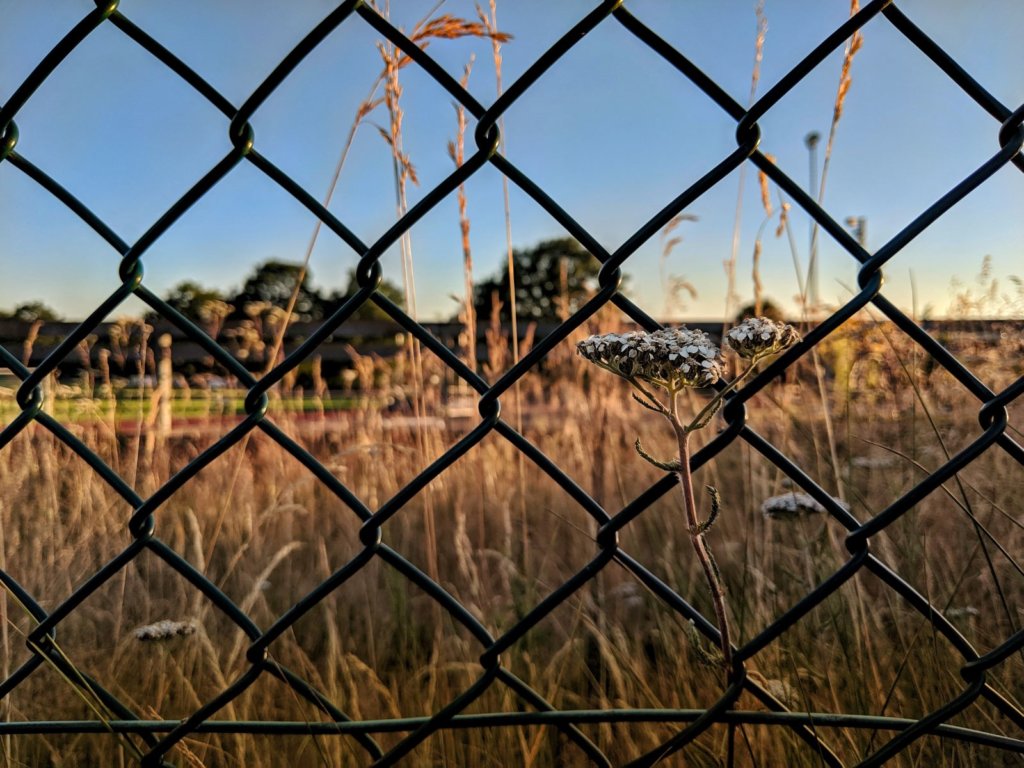On Friday, I came home and found my plants had been cut. My jasmine, lovingly tended to for the past three years, was reduced to a wisp. My long, woody-stemmed wildflower vanished. Shock, grief, betrayal – I felt all those things. I realize some people might be scratching their heads saying, “They're just plants. They'll grow back.” But like I wrote about last week, I operate under the belief all living beings have souls. My plants are like my pets – I talk to them, they have names. I care whether they live or die. I'm very attached to my plants.
The experience also has me contemplating what many black and brown people are undergoing right now. They come home from work or school and find their loved ones just gone, vanished. If I felt this way about my plants, how much worse must it be with a family member? How can we do this to one another? The answer? We have an identity problem, in my opinion.
When children are ripped from their parents, some people will say, “Well, they're not my children,” and leave it at that. Or they'll spout rationalizations for why inhumane treatment is justified: “They broke the law,” or something similar. It's a way of cutting themselves off from others. People who don't seem to mind children sitting in cages have a boundary to their identity.
 |
| Where does your identity stop? Photo by Amol Tyagi on Unsplash |
My friend gave a talk about this last summer and he asked, “How is it we can celebrate and protect human diversity while seeking to transcend divisions so we can socially cohere into something deeper, truer, to who we are on the inside rather than how we project on the outside?” Meaning, how do we keep our labels but also go beyond them?
Because that's the truth, isn't it? I'm not just my name, age, and gender. If you took all of those things away, wouldn't I still be me? In various types of meditation, the point is to get in touch with the unchanging “you.” The “you” that's calm and ever present. The “you” that's unaffected by superficial trappings. And the more we touch that part, the more we realize everyone has that part. That Self exists universally. I see myself in others and others in myself. It's why I get upset about dying plants and children in cages.
Some people might say I feel that way because I'm so openhearted. That's true, I am, but I would also argue it's because of how I identify. I identify with plants, animals, children. My identity is one of inclusion rather than exclusion.
Everything I'm talking about is the philosophy of neohumanism. Truthfully, neohumanism is more than a philosophy, it's a worldview that guides every step. It allows me to sink into who I really am at the core. If we all practiced that more, I doubt we'd have children in cages or environmental atrocities because we'd recognize we are more than the bodies we inhabit.
I dream of a world where we recognize who we really are. A world where we identify with more than our limiting labels, not as a way of discarding them, but rather recognizing we are also much more than our labels. A world where we tap into an unchanging, eternal Self and see that Self in others. A world where we remember I am you, you are me, and we are one.
Another world is not only possible, it's probable.
No comments:
Post a Comment